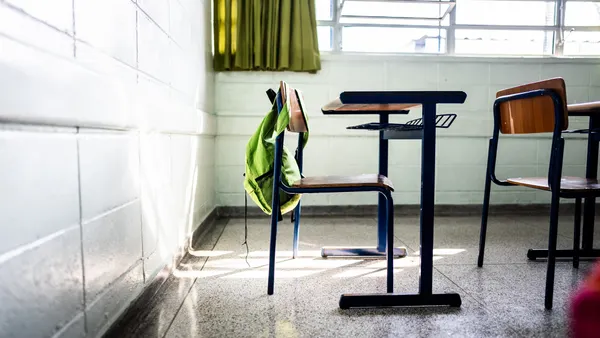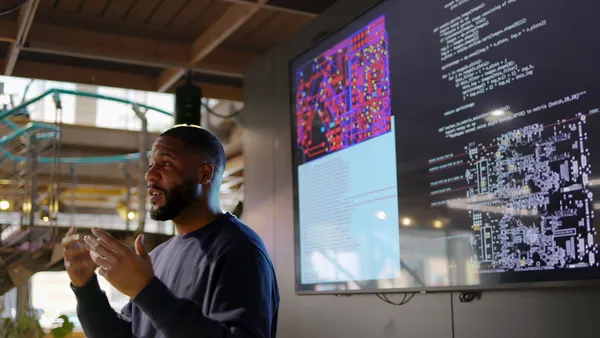As school systems transition away from triage-type tutoring during the pandemic, tutoring companies are adjusting their service models in response. Leaders at two companies — Paper and Varsity Tutors — say sustaining virtual tutoring interventions requires innovation, particularly for students who are still academically behind.
Paper, a company that provides live and asynchronous tutoring, last month announced the launch of GROW High-Impact Tutoring.
GROW offers a customizable live tutoring program that Paper and school districts develop through an outcomes-based contract. That means districts don't pay the full cost for tutoring unless student outcomes reach a threshold agreed upon by Paper and the district.
"What became really clear to us over the last couple of years … is that your at-risk students need extra intervention," said Paper CEO Philip Cutler. This tutoring support will be tailored and personalized to students' individual needs, Cutler said.
While the specific goals for tutoring outcomes will differ among districts, they will be measurable and critical for student academic improvement, Cutler said. "That's what my conversations with superintendents have sort of reinforced."
Varsity Tutors, which also provides on-demand and live tutoring, switched its on-demand service late last year from a paid tutoring service model costing $25 to $40 per student depending on district size to offering free 24/7 tutoring support to districts and their families. The company committed to offering the free tutoring service through June 30, 2030, to districts enrolled in the service.
The company still offers high-dosage tutoring for a fee.
Anthony Salcito, chief institution business officer for Nerdy, the parent company of Varsity Tutors, said the free model complements the company's high-dosage tutoring service since both use the same platform and login information that is familiar to students, staff and families. In that way, the free service helps destigmatize high-dosage tutoring for students needing more intensive supports, Salcito said.
"What we're starting to see with districts is that they don't have the capacity with regards to individual resources, teachers, etc, to deliver the individual instruction support that's needed," he said. "So they're using companies like Varsity Tutors for [special education] compensatory service support. That's a big area of focus for us."
The company was able to make its previously revenue-generating service free by using artificial intelligence to automate scheduling and assignment of tutors. That allowed the company to save on operating costs and invest in providing tutoring in a wider range of academic and enrichment areas, Salcito said.
Clarification: This story was updated with details about which service Varsity Tutors is now offering for free.







 Dive Awards
Dive Awards






